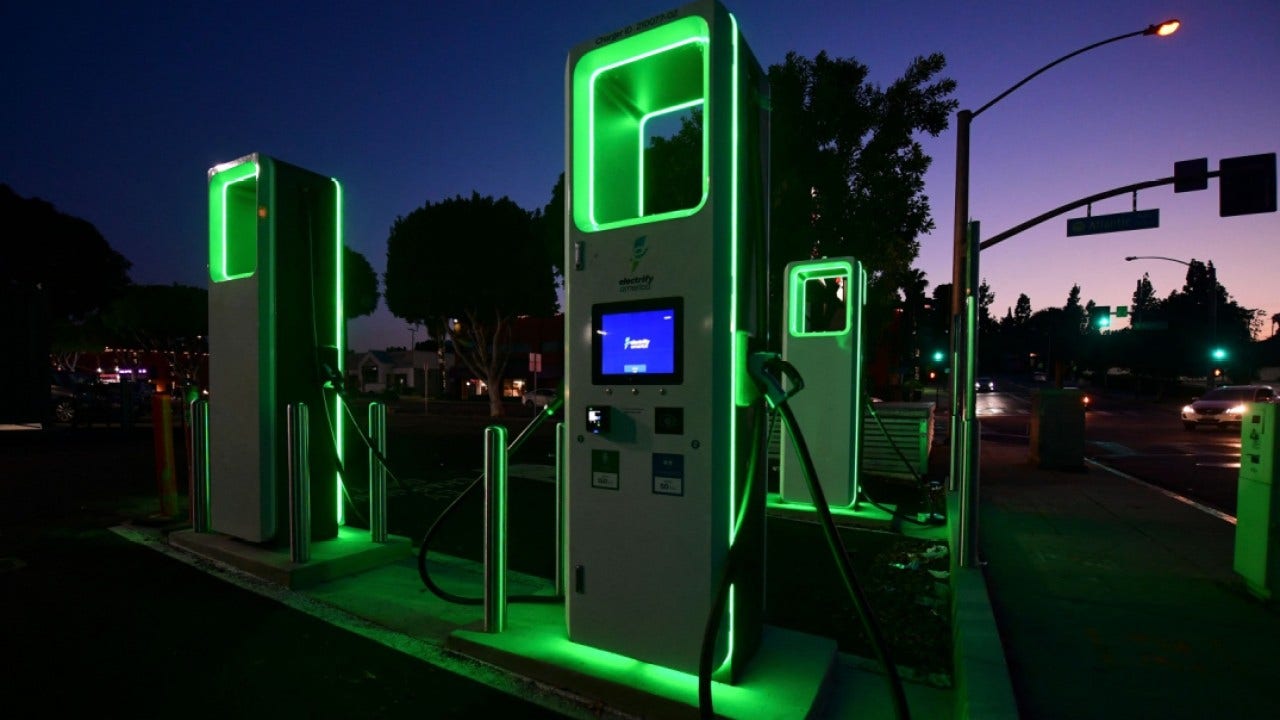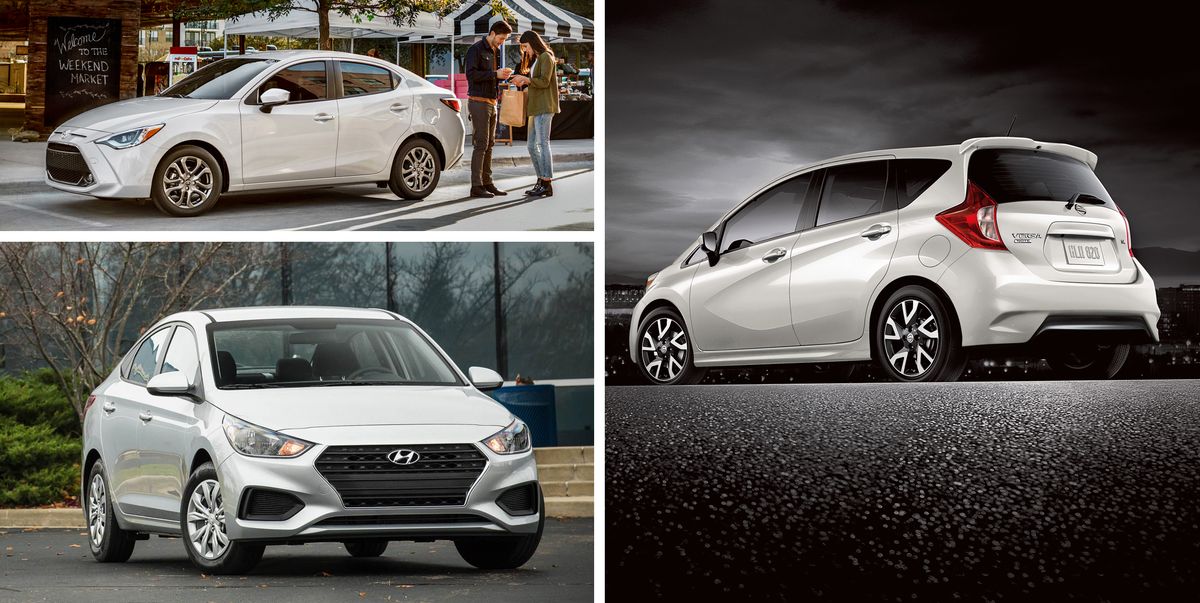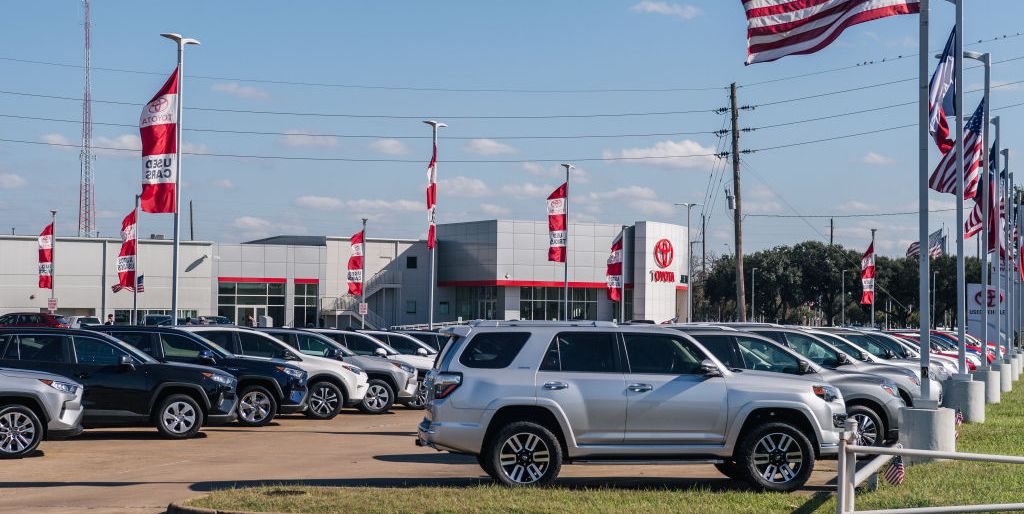- Joined
- Jan 25, 2012
- Messages
- 44,742
- Reaction score
- 14,481
- Location
- Texas
- Gender
- Male
- Political Leaning
- Conservative
I understand the pitch control, but what feedback from the grid tells the turbine operator they are generating too much?My brother is a wind turbine technician in Oregon - the turbines have pitch controls on the blades, and can be turned up or down to compensate for demand and wind speed. Works like a charm, and can be automatically of manually trimmed. The utility actually charges a penalty fee if they supply more than a pre-determined amount.
I could see how a wind farm would have communication to a load factor, but there still seems to be a lot of concern
about grid overloading. Normally they can turn down the output of traditional power plants, but those cannot go negative.






